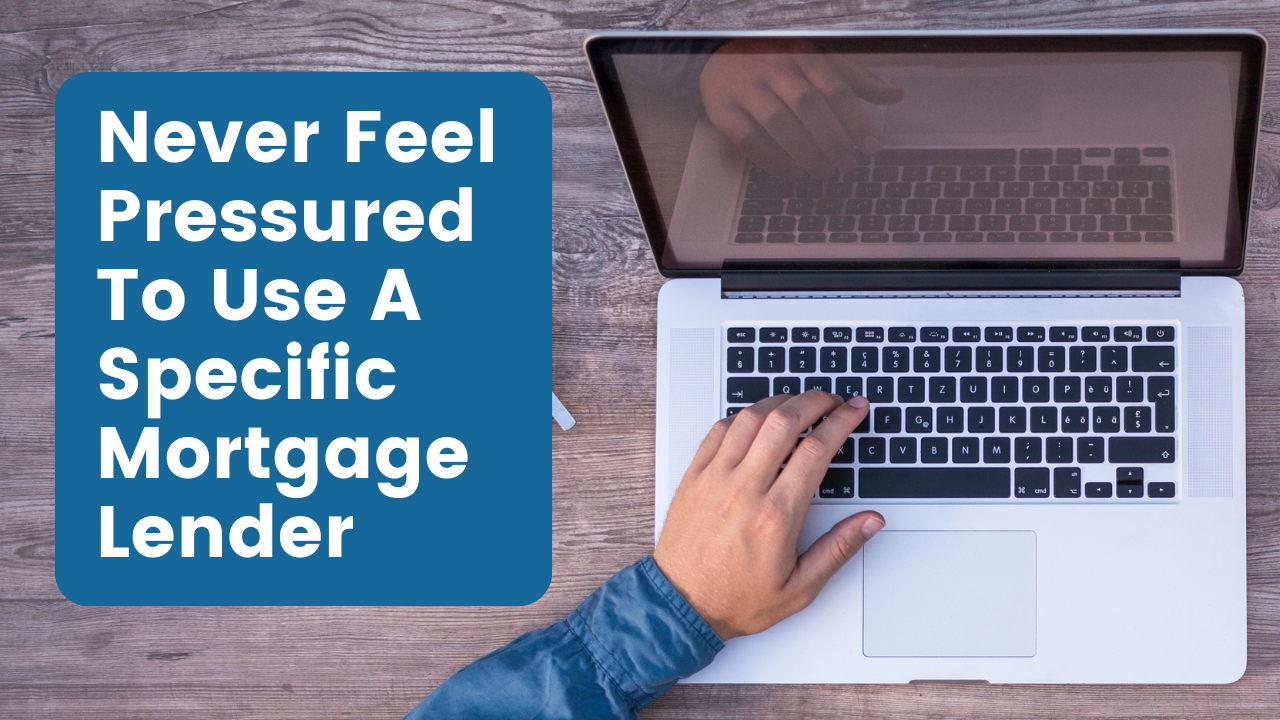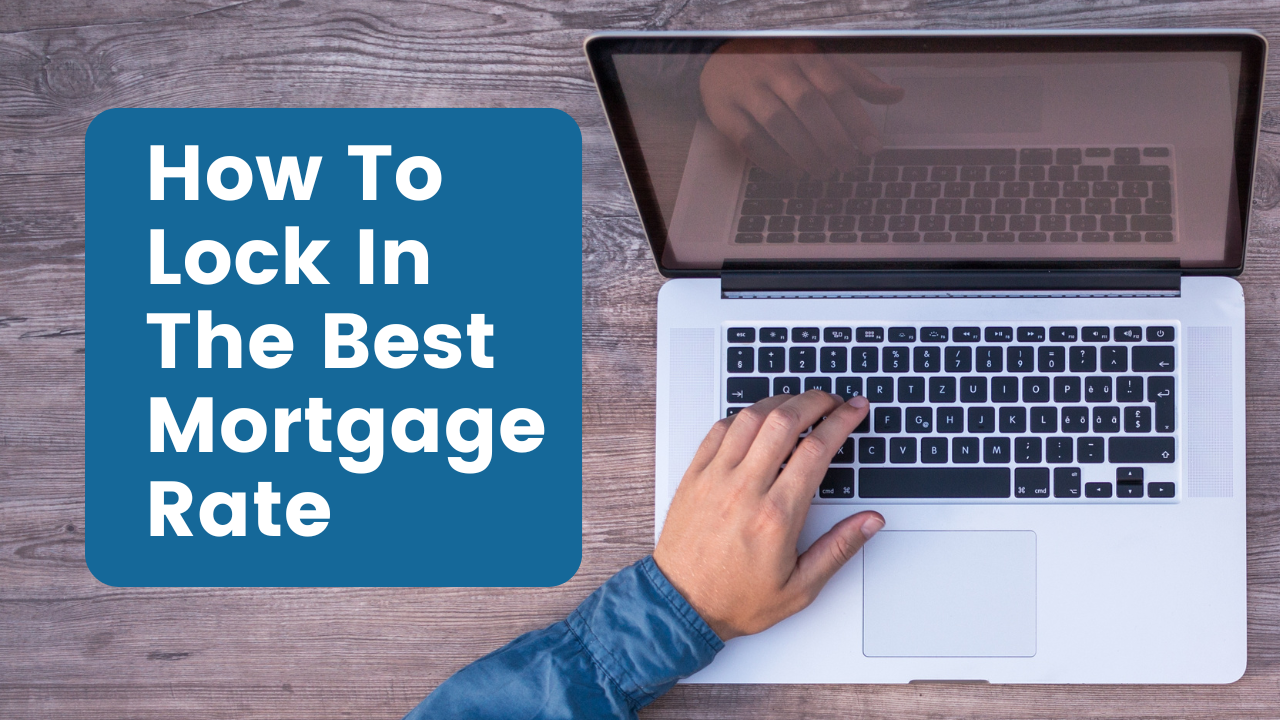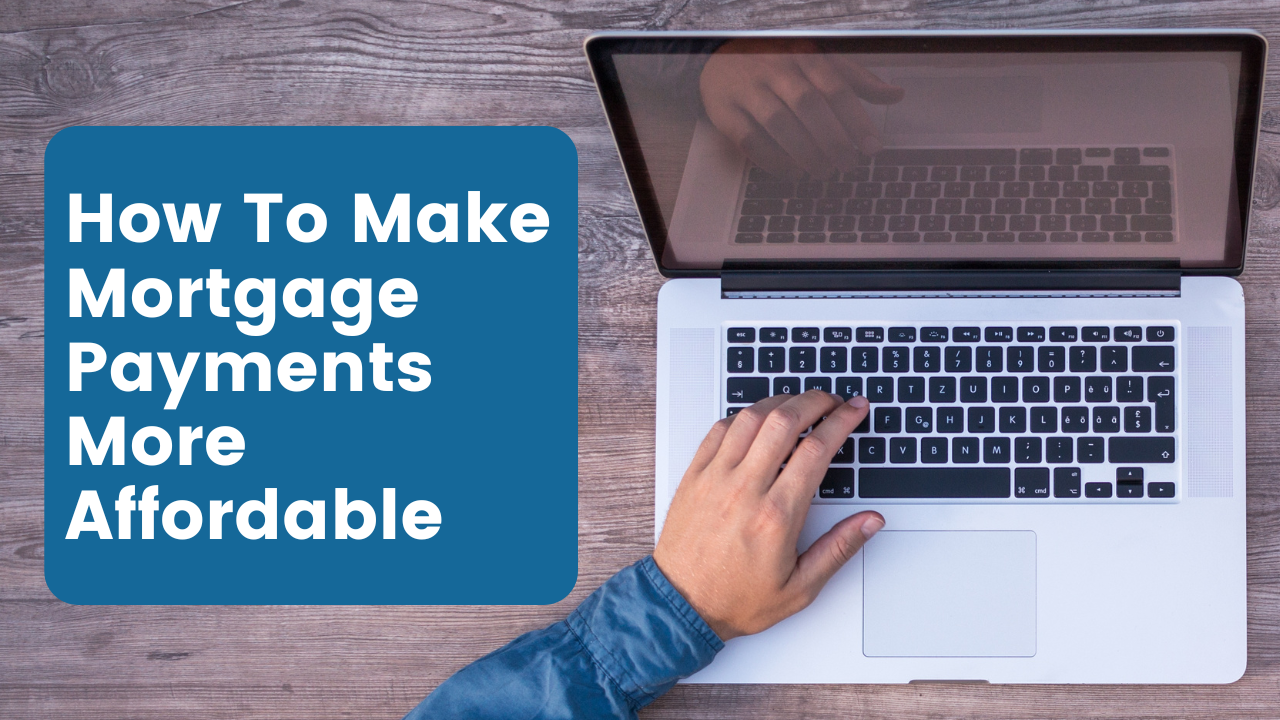By Andy Harris, President of Vantage Mortgage Brokers
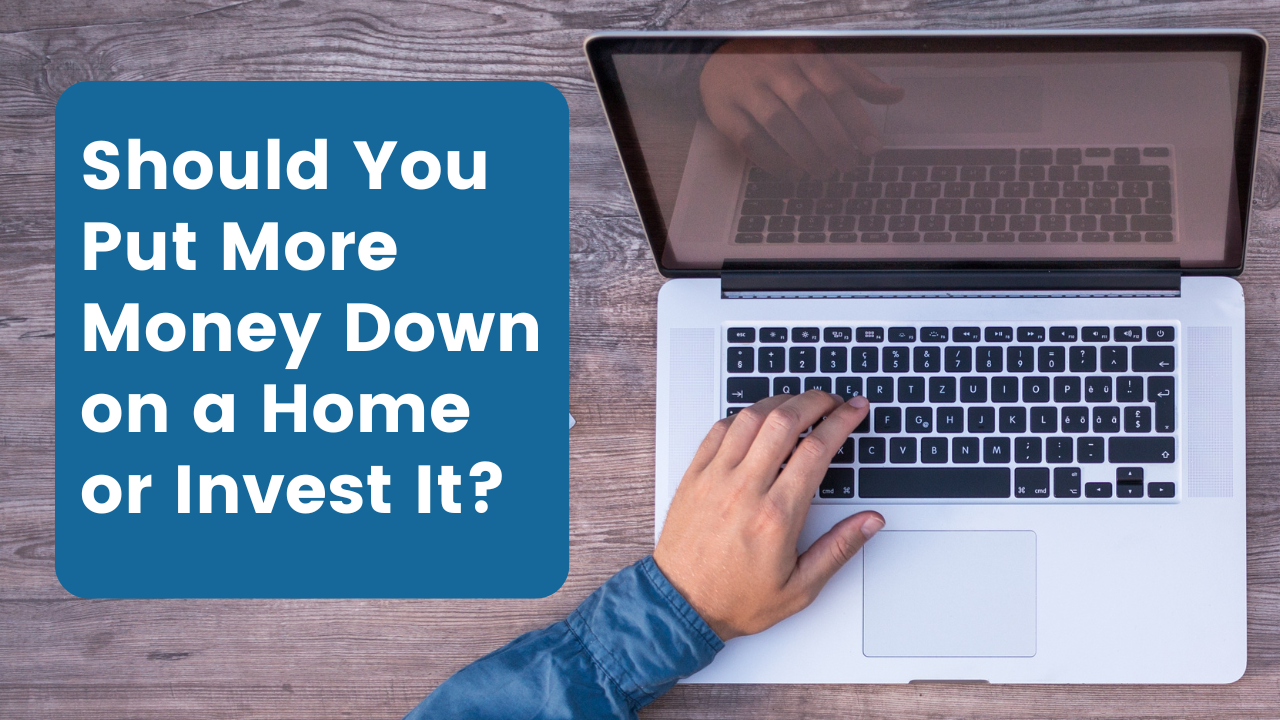
Should You Put More Money Down on a Home or Invest It?
By Andy Harris, President of Vantage Mortgage Brokers
Buying a home is one of the biggest financial decisions you’ll make in your lifetime. If you’re fortunate enough to have saved more than the minimum down payment required, you might find yourself debating a classic financial question: Should you use that extra cash to increase your down payment and finance a smaller loan, or invest the money elsewhere, like in the stock market?
Both strategies have their advantages, but the best choice depends on your personal financial situation, goals, and risk tolerance. Let’s break down the key factors to consider.
The Case for Putting More Money Down
- Lower Monthly Payments
A larger down payment means borrowing less, which leads to smaller monthly mortgage payments. This can free up cash flow for other expenses or savings goals. - Reduced Interest Costs
By financing a smaller loan amount, you’ll pay less interest over the life of the loan. For example, on a 30-year mortgage at a 6% interest rate, every $10,000 you don’t borrow saves you about $11,600 in interest over 30 years.
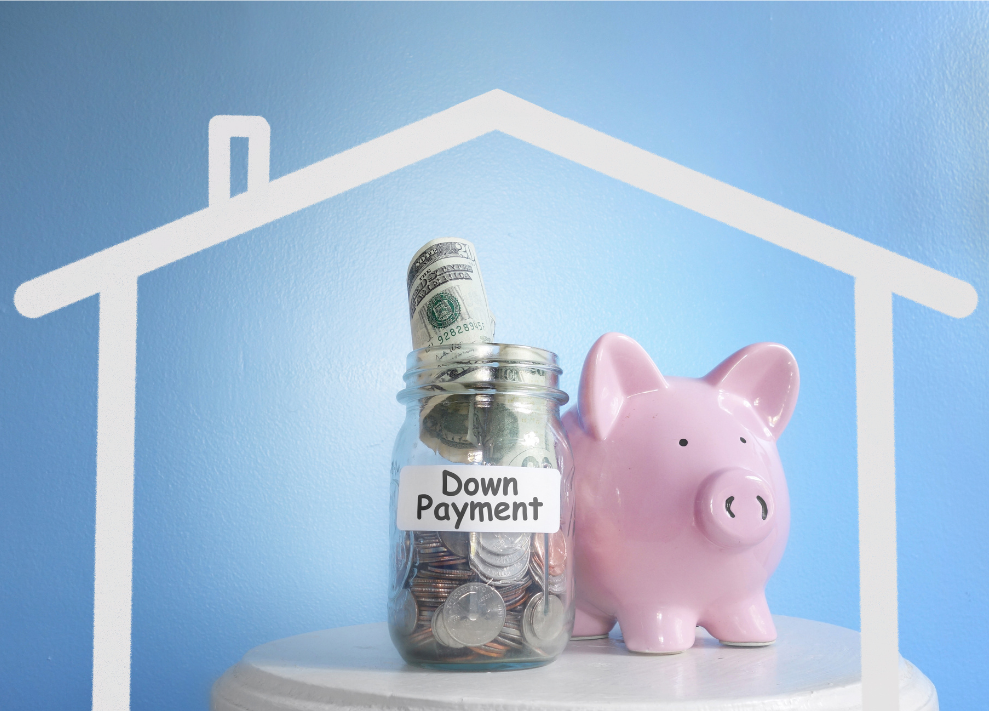
- Avoiding Private Mortgage Insurance (PMI)
If your down payment is at least 20%, you can avoid PMI, which can save hundreds of dollars per month. PMI is typically required for loans with less than a 20% down payment. - Peace of Mind
A lower loan balance can reduce financial stress and provide security in case of job loss or unexpected expenses. Knowing you owe less on your home may offer emotional benefits that are hard to quantify.
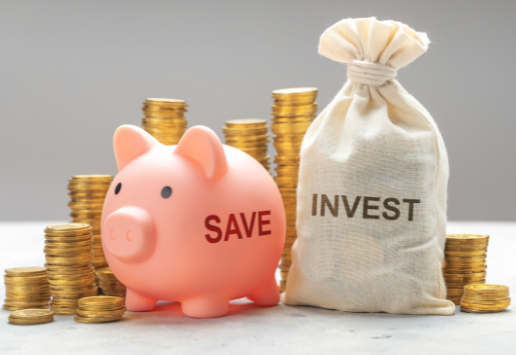
The Case for Investing the Extra Money
- Potential for Higher Returns
Historically, the stock market has delivered average annual returns of 7-10% (before inflation). If your mortgage interest rate is 6%, investing could yield a higher return than the savings from paying down your loan. - Liquidity
Once you put money into your home, it’s not easily accessible unless you refinance or sell. Investing in the market gives you more liquidity, allowing you to access your funds if needed.
- Diversification
By investing the extra cash, you can diversify your assets beyond real estate. A well-balanced investment portfolio spreads your risk across multiple asset classes, reducing your dependence on the housing market. - Tax Benefits
Mortgage interest is often tax-deductible, especially in the early years of the loan. Meanwhile, long-term investments in the stock market can benefit from lower capital gains tax rates, creating potential tax advantages for both strategies.
Factors to Consider
- Your Mortgage Interest Rate
The lower your interest rate, the more attractive investing becomes. If your mortgage rate is below 5%, for example, it might be easier to justify investing the extra money. - Market Conditions
In a strong bull market, investing could yield significant returns. Conversely, if the market is volatile or in a downturn, you might prefer the guaranteed savings of a larger down payment. - Time Horizon
If you plan to stay in your home for many years, a larger down payment could pay off in reduced interest costs. On the other hand, if you’re investing for the long term (10+ years), market returns might outpace mortgage savings. - Risk Tolerance
Are you comfortable with the ups and downs of the stock market? If not, putting more money into your home might feel like the safer bet. - Emergency Savings
Don’t tie up all your cash in your home or the market. Maintain a robust emergency fund to cover at least 3-6 months of expenses.
A Balanced Approach
You don’t necessarily have to choose one strategy over the other. For example, you could put down enough to avoid PMI and invest the remaining funds. This approach balances the benefits of lower monthly payments with the growth potential of market investments.
Conclusion
The decision to put more money down or invest it ultimately depends on your financial goals, risk tolerance, and market conditions. If stability and lower debt appeal to you, a larger down payment might be the way to go. If you’re aiming for long-term growth and are comfortable with some risk, investing could be the smarter choice.
Whatever you decide, consult with a financial advisor or mortgage expert to evaluate your specific situation. Remember, the best financial decision is the one that aligns with your personal goals and gives you peace of mind.

